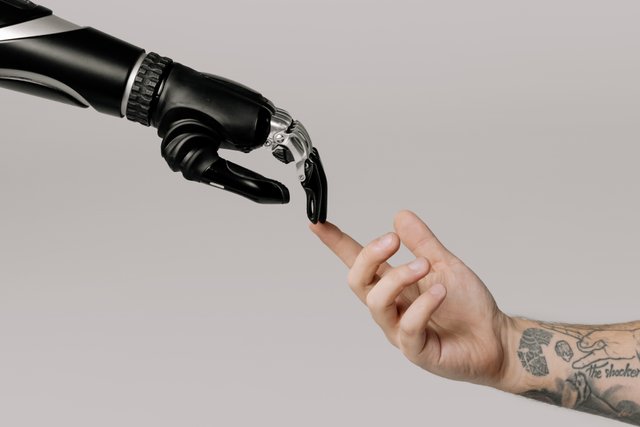How AI is Revolutionizing Healthcare
Artificial intelligence (AI) is transforming many industries, and healthcare is no exception. From medical imaging to drug discovery, AI is enabling healthcare professionals to make more accurate diagnoses, improve patient outcomes, and reduce costs.
In this post, we'll explore some of the ways that AI is revolutionizing healthcare.
Medical Imaging: AI is being used to analyze medical images, such as X-rays and MRIs, to detect abnormalities and help diagnose diseases. Deep learning algorithms can learn to recognize patterns in medical images and identify potential health risks that might be missed by human radiologists.
Diagnosis and Treatment: AI is also being used to improve diagnosis and treatment plans. For example, IBM's Watson for Oncology uses natural language processing to analyze patient data and suggest personalized treatment plans for cancer patients. Similarly, some hospitals are using AI chatbots to help patients navigate their symptoms and determine whether they need to see a doctor.
Drug Discovery: AI is also speeding up the drug discovery process. Machine learning algorithms can analyze vast amounts of data to identify potential drug candidates and predict their effectiveness. This can help pharmaceutical companies save time and money in the drug development process.
Electronic Health Records: AI is being used to analyze electronic health records (EHRs) to identify patterns and trends in patient data. This can help healthcare professionals make more informed decisions about patient care and identify potential health risks early on.
Telemedicine: AI is also being used to enable remote patient monitoring and telemedicine. For example, AI-powered virtual assistants can help patients manage chronic conditions by monitoring their symptoms and providing personalized advice.
As we can see, AI is transforming healthcare in many ways. However, there are also challenges and concerns around privacy, security, and ethical considerations. It's important for healthcare professionals, policymakers, and AI experts to work together to ensure that AI is used responsibly and ethically in the healthcare industry.
Conclusion:
AI has the potential to revolutionize healthcare and improve patient outcomes. By enabling more accurate diagnoses, personalized treatment plans, and faster drug discovery, AI is helping healthcare professionals provide better care to their patients. However, it's important to ensure that AI is used responsibly and ethically, and that healthcare professionals and AI experts work together to address the challenges and concerns around AI in healthcare.
I hope you found this post informative and valuable. Let me know your thoughts in the comments below!
